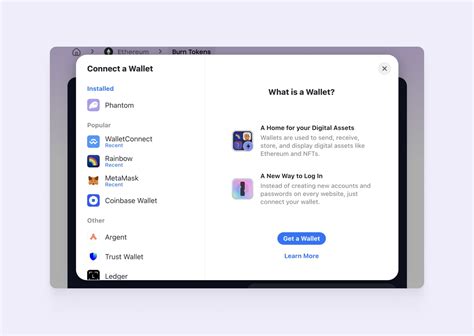Ethereum: Can I trust the peers to whom I am connected?
As a user of Ethereum, you are probably aware that connecting to the portfolios or nodes of other users can be a little mysterious. You see that your wallet is connected to six peers on your network, but what does it really do and these peers are reliable?
Bitcoin P2P network: A little context
Bitcoin works on a network of affiliate (P2P), which means that many users can connect with each other without needing intermediaries such as banks or central authorities. Each user's portfolio is connected to one or more nodes on this network and these peers act as intermediaries transmitting transactions between users.
The role of peers in Ethereum
In the case of Ethereum, peers' ties play a decisive role. When you contact another Ethereum user node, your portfolio app establishes a secure connection with this partner. This connection is used to check transactions, guarantee the integrity of the network and prevent malicious activity.
It is essential to understand how these peers are selected and checked:
Randomized peers : When you contact a new partner, your portfolio app generates a random node identifier for that partner. This guarantees that every peer has an equal chance of being connected.
Verification process : Each partner is checked by the Ethereum network by a process called "validation of the block". During this process, your portfolio app checks that the partner's knot has recently been updated and that it has the necessary permits to check transactions on your behalf.
Trust peers: a little more insight
Now that you know how peers work on the Bitcoin P2P network, let's dive deeper, why trust them is essential. Here are some reasons:
Security : By connecting with reliable peers, you can reduce the risk of compromising or abducting your wallet.
Transparency : When you contact multiple peers, you are exposed to different levels of verification and security measures.
Network congestion : If too many users are connected to one partner, this can lead to overloading the network, slowing transactions.
How to check Peer Trust 
To ensure the reliability of your peers, follow these best practices:
Select peers wisely
: Select peers with strong reputation and recent updates.
Keep your wallet at current value : regularly update your portfolio software to ensure that you have the latest security patches.
Be cautious : Be careful about peers relationships who seem suspicious or unverified.
Conclusion
Connecting to other Ethereum users can be a little mysterious, but understanding how it works and why peer confidence is essential can ease some concerns. By choosing wisely and maintaining your portfolios in relevance, you can reduce the risk of malicious activity and enjoy a secure experience on the Ethereum network.